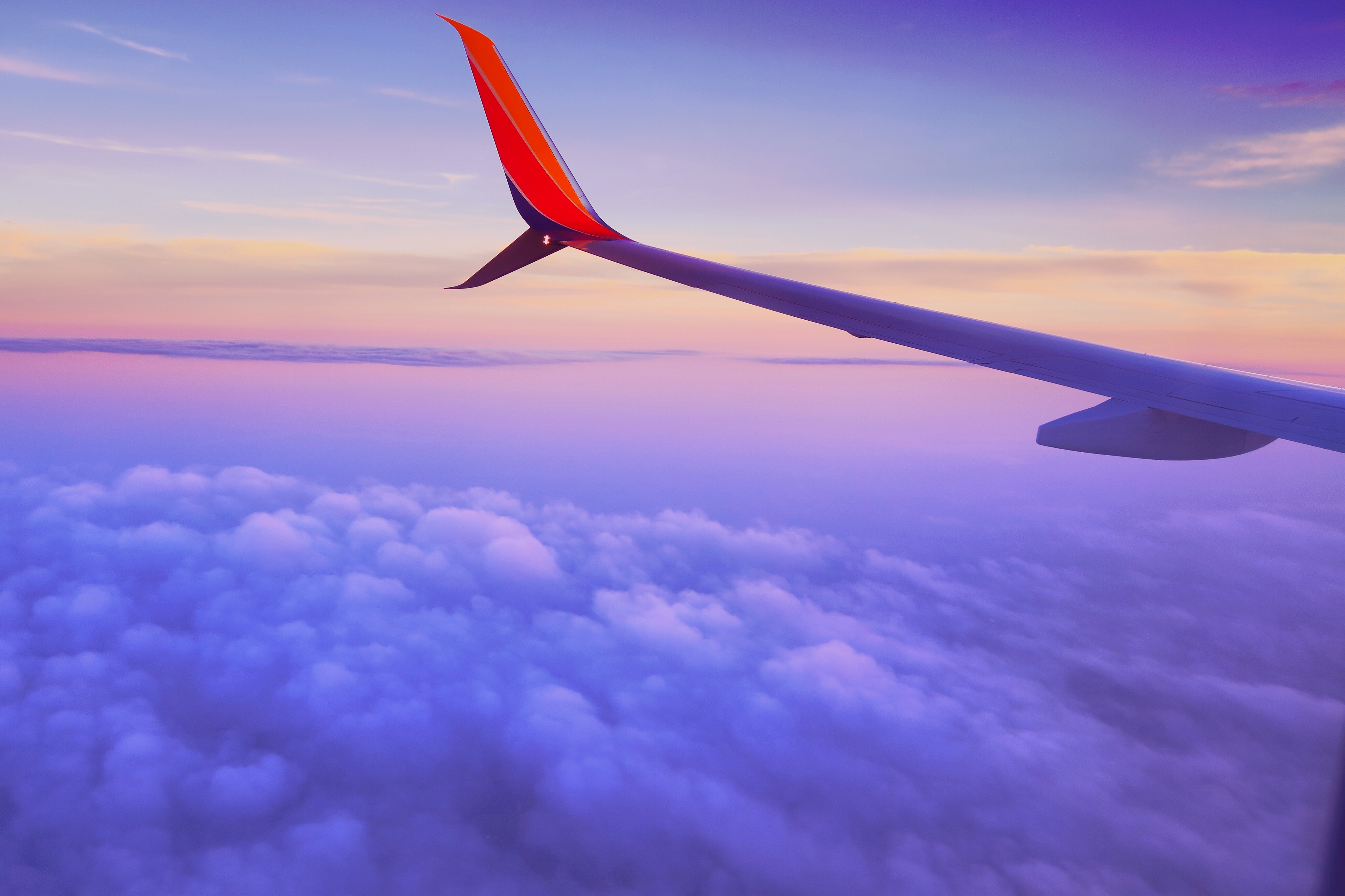IATA Forecasts Airline Profits to Rise in 2018

The International Air Transport Association (IATA) forecasts global industry net profit to rise to $38.4 billion in 2018, an improvement from the $34.5 billion expected net profit in 2017 (revised from a $31.4 billion forecast in June). Highlights of expected 2018 performance include:
- A slight decline in the operating margin to 8.1% (down from 8.3% in 2017)
- An improvement in net margin to 4.7% (up from 4.6% in 2017)
- A rise in overall revenues to $824 billion (+9.4% on 2017 revenues of $754 billion)
- A rise in passenger numbers to 4.3 billion (+6.0% on the 4.1 billion passengers in 2017)
- A rise in cargo carried to 62.5 million tonnes (+4.5% on the 59.9 million tonnes in 2017)
- Slower growth for both passenger (+6.0% in 2018, +7.5% in 2017) and cargo (+4.5% in 2018, +9.3% in 2017) demand
- Average net profit per departing passenger of $8.90 (up from $8.45 in 2017)
- Strong demand, efficiency and reduced interest payments will help airlines improve net profitability in 2018 despite rising costs. 2018 is expected to be the fourth consecutive year of sustainable profits with a return on invested capital (9.4%) exceeding the industry’s average cost of capital (7.4%).
“These are good times for the global air transport industry. Safety performance is solid. We have a clear strategy that is delivering results on environmental performance. More people than ever are traveling. The demand for air cargo is at its strongest level in over a decade. Employment is growing. More routes are being opened. Airlines are achieving sustainable levels of profitability. It’s still, however, a tough business, and we are being challenged on the cost front by rising fuel, labor and infrastructure expenses,” said Alexandre de Juniac, IATA’s Director General and CEO.
“The industry also faces longer-term challenges. Many of them are in the hands of governments. Aviation is the business of freedom and a catalyst for growth and development. To continue to deliver on our full potential, governments need to raise their game—implementing global standards on security, finding a reasonable level of taxation, delivering smarter regulation and building the cost-efficient infrastructure to accommodate growing demand. The benefits of aviation are compelling—2.7 million direct jobs and critical support for 3.5% of global economic activity. And the industry is ready to partner with governments to reinforce the foundations for global connectivity that are vital to modern life,” said de Juniac.
